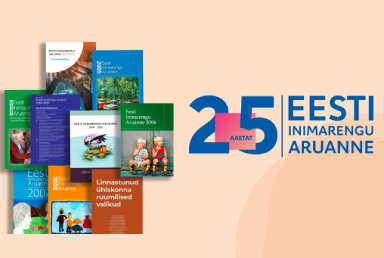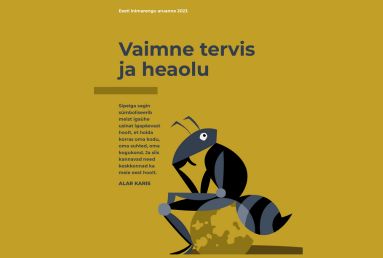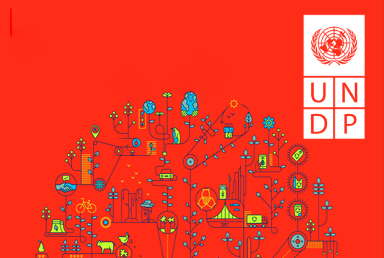Estonian Human Development Report (EIA) 2023
The Estonian Human Development Report (EIA) 2023 “Mental health and well-being” was published in February 2023 and presented in the Parlament.
One of the main conclusions of the Estonian Human Development Report “Mental health and well-being”: As Estonia has joined the nations with a high level of human development, the main focus in people’s daily lives has shifted from survival to improving quality of life, including the aspiration to be mentally healthy. Human development can continue even in this uncertain age of global crises (pandemics, climate change, threat of war) if people’s mental health is supported and protected. Promoting people’s mental well-being and ability to take individual and collective action is increasingly important for society to function in crises.
Other Key Messages:
* People’s mental health and society’s readiness to face crises depend on people’s social and emotional sense of security and their ties to the community.
* Constant changes in everyday life and the cult of success put mental health to the test, requiring adaptive skills and the ability to balance demands and resources.
* Mental health is mainly seen in terms of disorders and treatment, not contributing enough to prevention to reduce vulnerability and recognise problems early.
* Many mental health determinants lie outside the field of healthcare.
The idea for writing an Estonian Human Development Report on mental health and well-being was born out of concern for the mental health of the Estonian population. The authors soon realised that mental health has emerged as a broader and more substantial social issue than they had previously thought. In 2020, Estonia adopted a national mental health strategy in the form of a green paper, and a year later, a mental health department was set up at the Ministry of Social Affairs. In 2022, the government established a cross-sectoral commission for prevention. That same year, work started on the mental health action plan for 2023–2026, whose key topics included innovation, promotion, prevention and self-care, community care, mental health services, and crisis preparedness.
The Reports aim was not only to highlight problems and weak points but also to show the potential for solving them. The last chapter of the report explores four future scenarios that were developed based on the main global, regional and local trends affecting the future of the mental health field and on the views articulated in co-creative expert discussions. Where the mental health field is headed depends to a large extent on future policy choices and the willingness of people and communities to help find solutions.
Background:
– In October 2020, the Council of the Estonian Cooperation Assembly decided that mental health and wellbeing would be the topic of the next Estonian Human Development Report.
– The editor-in-chief of the Estonian Human Development Report (EIA) is Merike Sisask, Professor of Social Health at the Institute of Social Sciences of Tallinn University and Senior Research Fellow at the Estonian Demographic Centre. In total, about 70 researchers contributed to the preparation of the report.





